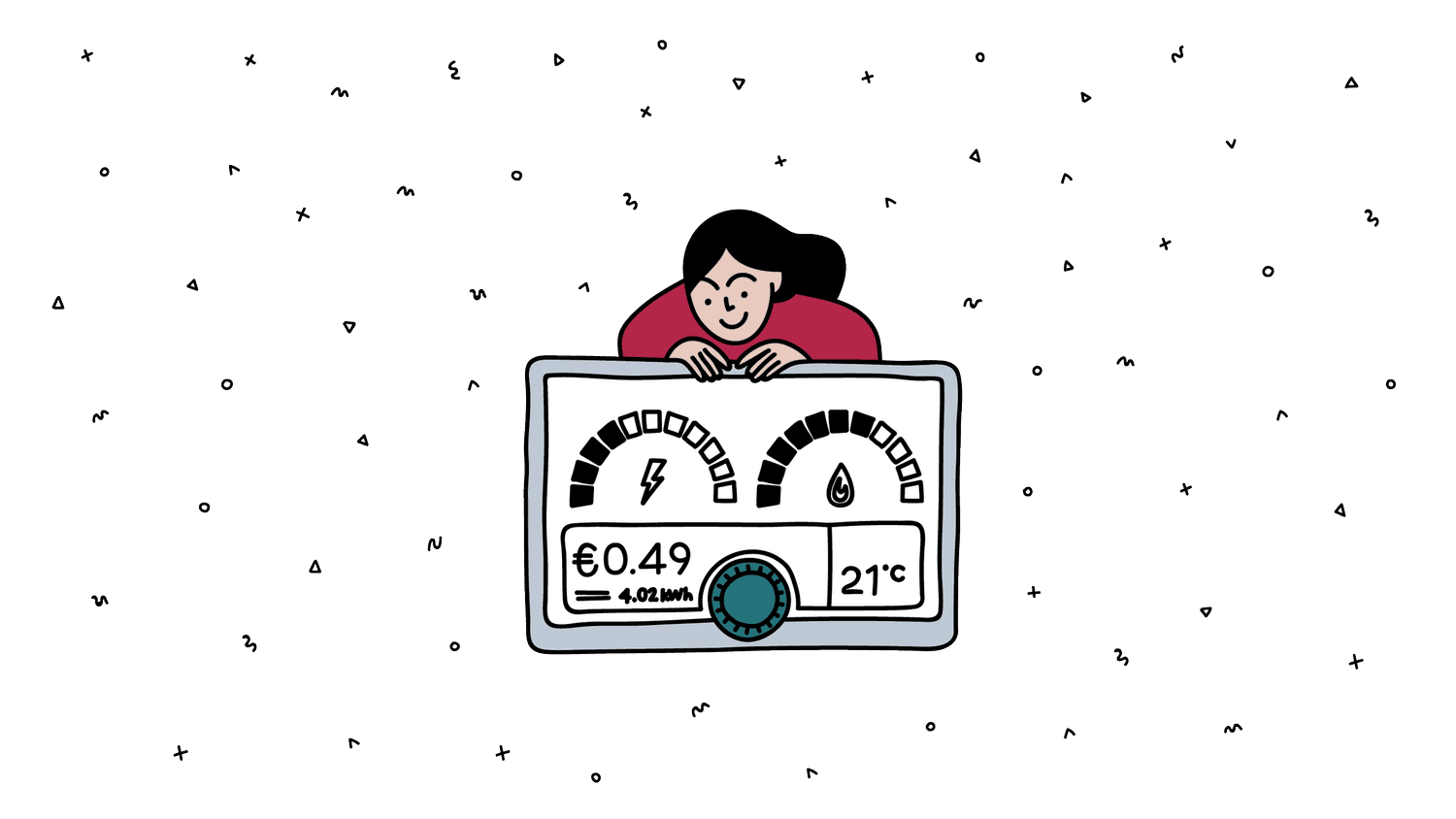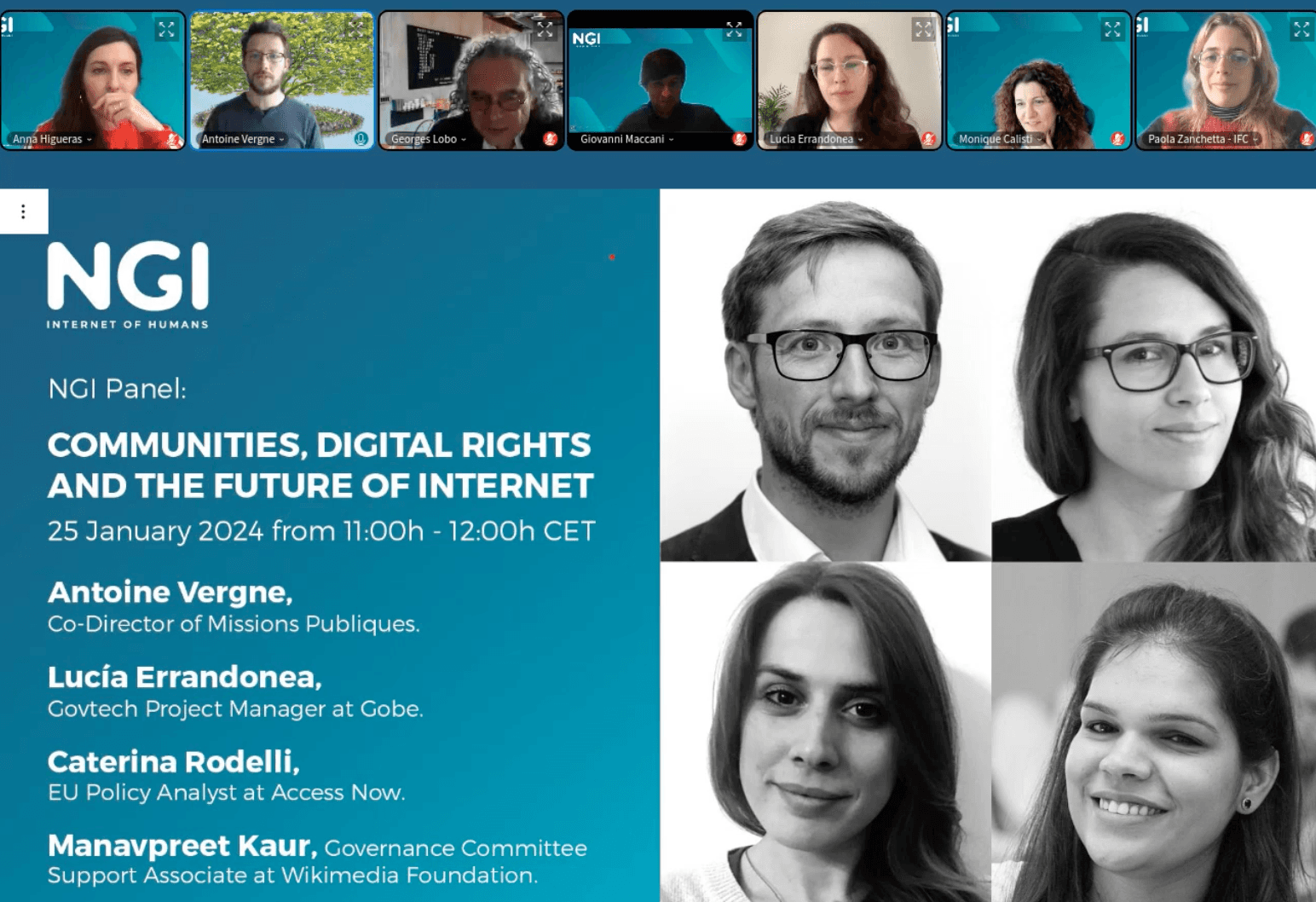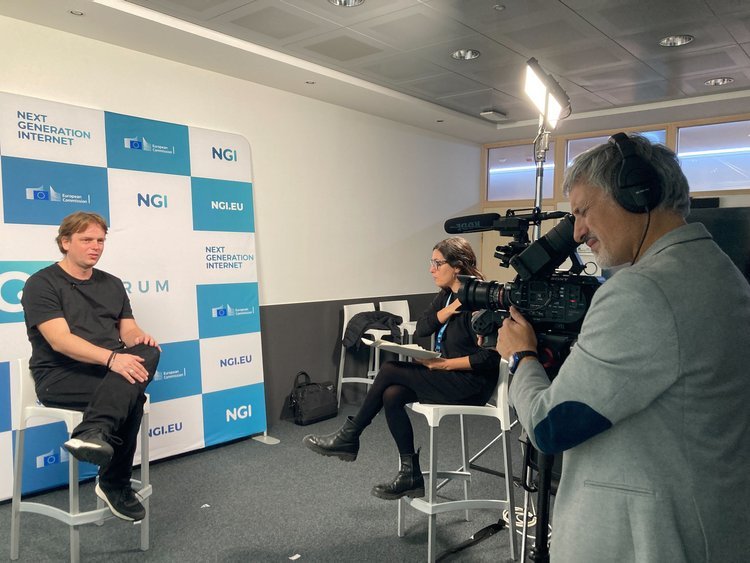Scientific research
Scientific research
DATALOG: The first European Data Trust to manage water, electricity and gas data
DATALOG: The first European Data Trust to manage water, electricity and gas data
19 de abril de 2023


By the editorial team. (Original publication in Spanish)
Is it possible to take a more active role in managing your data? How can citizens contribute to co-designing a platform to understand how they consume? In the absence of consumption data that hinders conscious and responsible decision-making that helps mitigate climate change, with limitations of access and granularity, and especially the lack of knowledge about the issue, the DATALOG project was born.
This initiative, winner of the Ciutat Proactiva 2022 program driven by BIT Habitat – the urban innovation promotion strategy of the Barcelona City Council – plans to implement a Data Trust in the metropolitan area of Barcelona that will enable, participatively, the enhancement of the use of citizen data, local businesses, and other actors in water, electricity, and gas. Based on the participation of a community of citizens who will share their data, through privacy protection and anonymization methods, a platform will be created to promote urban research and understand how cities function, what resources they use, and how people move within them.
Specifically, by participating in DATALOG, citizens will be able to:
Understand the city's impact on the carbon footprint. With DATALOG, they will be able to deepen their knowledge about their consumption to make more responsible and sustainable decisions that will help manage daily life better.
Promote responsible consumption. By knowing when and how they consume more, they can contribute to improving their consumption in a more conscious manner, avoiding peak energy hours that will help reduce emissions.
Control anomalous rates. What is my consumption pattern? Can I improve my energy behavior? By identifying anomalous events, DATALOG will enable more sustainable and efficient management.
Create personalized reports about their own consumption. The platform will promote sustainable and personalized development for consumers.
What is a Data Trust?
First of all, what do we mean when we talk about Data Trust? It is a trust entity that will be responsible for protecting data privacy while also promoting research.
From this platform, DATALOG will develop a data governance system with principles of citizen participation that offers access to data through anonymization and aggregation algorithms, which in turn designs visualization and prediction tools that will help understand consumption in the city, improve its management, and reduce the carbon footprint.
Citizen participation and data community
DATALOG is based on the co-design of the data management platform as the backbone of the project. Citizens play a vital role in defining the forms of data governance, usage and visualization licenses, and/or inquiries about the institutionalization of the Data Trust.
Thus, a month ago, the first meeting took place with the initial participants, a group of experts in the field who shared their ideas when launching the Data Trust. During the session, the main concepts and objectives of the project were presented. Furthermore, the workshop served to learn and exchange opinions about the platform, among which stand out: personalized notifications every time your consumption is anomalous, recommendations to improve energy efficiency, real-time data, or comparing my consumption with that of my neighbors, were some of the ideas from the participants.
Take the survey!
We have launched a survey to understand the energy behaviors and water and gas consumption of citizens. Additionally, the form will allow us to delve deeper into the level of awareness of their own consumption, what concerns citizens have regarding this, and what they would like to explore further, how they manage their data, and to what extent they would allow donating it for research.
These and many other topics to investigate into the landscape of citizen consumption. You can answer the survey here:
By the editorial team. (Original publication in Spanish)
Is it possible to take a more active role in managing your data? How can citizens contribute to co-designing a platform to understand how they consume? In the absence of consumption data that hinders conscious and responsible decision-making that helps mitigate climate change, with limitations of access and granularity, and especially the lack of knowledge about the issue, the DATALOG project was born.
This initiative, winner of the Ciutat Proactiva 2022 program driven by BIT Habitat – the urban innovation promotion strategy of the Barcelona City Council – plans to implement a Data Trust in the metropolitan area of Barcelona that will enable, participatively, the enhancement of the use of citizen data, local businesses, and other actors in water, electricity, and gas. Based on the participation of a community of citizens who will share their data, through privacy protection and anonymization methods, a platform will be created to promote urban research and understand how cities function, what resources they use, and how people move within them.
Specifically, by participating in DATALOG, citizens will be able to:
Understand the city's impact on the carbon footprint. With DATALOG, they will be able to deepen their knowledge about their consumption to make more responsible and sustainable decisions that will help manage daily life better.
Promote responsible consumption. By knowing when and how they consume more, they can contribute to improving their consumption in a more conscious manner, avoiding peak energy hours that will help reduce emissions.
Control anomalous rates. What is my consumption pattern? Can I improve my energy behavior? By identifying anomalous events, DATALOG will enable more sustainable and efficient management.
Create personalized reports about their own consumption. The platform will promote sustainable and personalized development for consumers.
What is a Data Trust?
First of all, what do we mean when we talk about Data Trust? It is a trust entity that will be responsible for protecting data privacy while also promoting research.
From this platform, DATALOG will develop a data governance system with principles of citizen participation that offers access to data through anonymization and aggregation algorithms, which in turn designs visualization and prediction tools that will help understand consumption in the city, improve its management, and reduce the carbon footprint.
Citizen participation and data community
DATALOG is based on the co-design of the data management platform as the backbone of the project. Citizens play a vital role in defining the forms of data governance, usage and visualization licenses, and/or inquiries about the institutionalization of the Data Trust.
Thus, a month ago, the first meeting took place with the initial participants, a group of experts in the field who shared their ideas when launching the Data Trust. During the session, the main concepts and objectives of the project were presented. Furthermore, the workshop served to learn and exchange opinions about the platform, among which stand out: personalized notifications every time your consumption is anomalous, recommendations to improve energy efficiency, real-time data, or comparing my consumption with that of my neighbors, were some of the ideas from the participants.
Take the survey!
We have launched a survey to understand the energy behaviors and water and gas consumption of citizens. Additionally, the form will allow us to delve deeper into the level of awareness of their own consumption, what concerns citizens have regarding this, and what they would like to explore further, how they manage their data, and to what extent they would allow donating it for research.
These and many other topics to investigate into the landscape of citizen consumption. You can answer the survey here:


